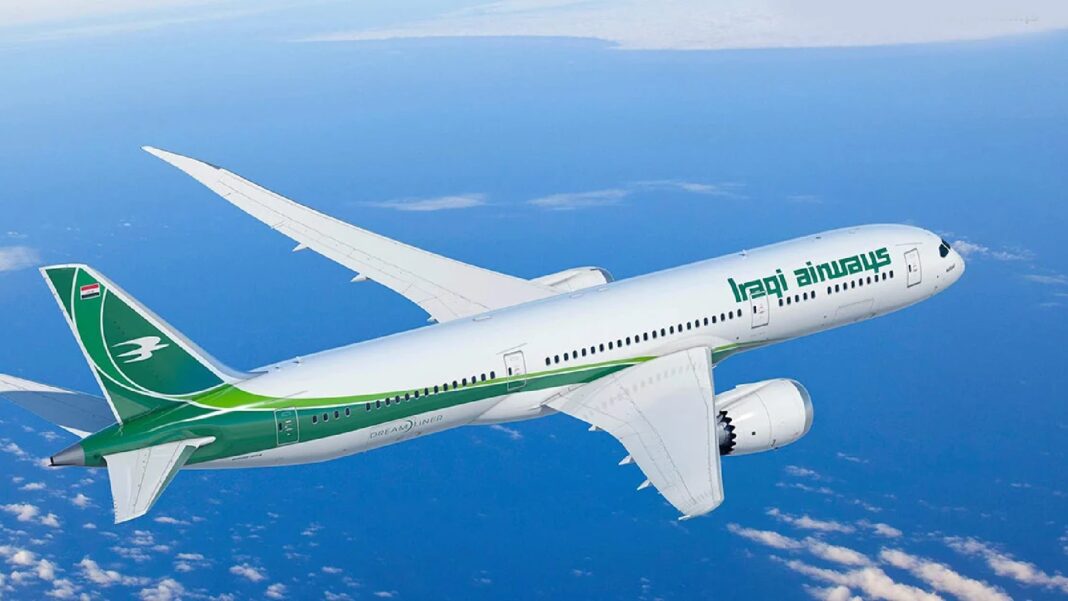The Iraq aviation companies return marks a significant milestone, as seven major global airlines resume flights in Iraqi airspace. The General Company for Air Navigation Services, affiliated with Iraq’s Ministry of Transport, announced this development on Monday. This progress clearly reflects rising international confidence in Iraq’s air navigation services.
Abbas Sabbar Al-Baydani, Director-General of the company, explained that this return of international airlines demonstrates growing trust in the quality and safety standards Iraq maintains. He emphasized the company’s full commitment to International Civil Aviation Organization (ICAO) regulations.
Among the returning airlines, Al-Baydani listed well-known names such as German Cargo, Swiss Air, Lufthansa Airx, Qantas Airlines, Giant Cargo, LOT Polish Airlines, and Wizz Air Abu Dhabi. The return of these airlines signals rapid growth in Iraq’s relations with global air carriers.
Moreover, Al-Baydani highlighted that the confidence stems from the competence of Iraqi air traffic controllers and the operational and technical capabilities of the navigation company. This trust motivates continuous improvement in the aviation sector.
The company continues to implement development and modernization plans for infrastructure and navigation equipment. Its goal remains to offer the best services to airlines and establish Iraq as a key regional and international air transit hub.
This achievement benefits from direct support by Minister of Transport Razzaq Mohibis Al-Sa’adi. Since taking office, the minister has directed efforts to strengthen Iraq’s air navigation position and enhance technical services.
Additionally, the dedicated work of the General Company for Air Navigation Services and Iraqi air traffic controllers plays a crucial role. They strive to improve performance standards and ensure the highest levels of safety and smooth air traffic management.
The Iraq aviation companies return highlights Iraq’s growing importance on the global aviation map. Furthermore, it encourages more investments. As a result, it enhances cooperation with international airlines.
In conclusion, this development opens new opportunities for Iraq’s aviation sector. It reinforces Iraq’s role as a vital air corridor connecting the region with the rest of the world.



